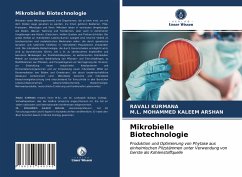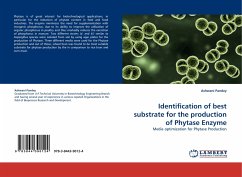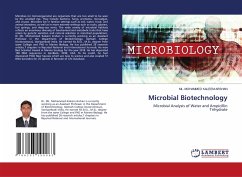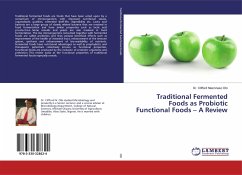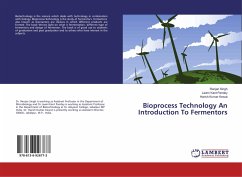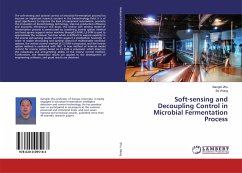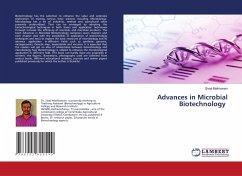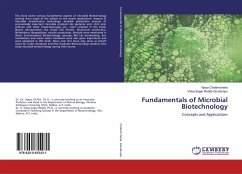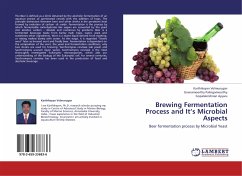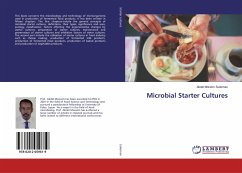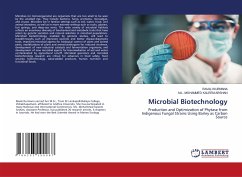
Microbial Biotechnology
Production and Optimization of Phytase from Indigenous Fungal Strains Using Barley as Carbon Source
Versandkostenfrei!
Versandfertig in 6-10 Tagen
27,99 €
inkl. MwSt.

PAYBACK Punkte
14 °P sammeln!
Microbes (or microorganisms) are organisms that are too small to be seen by the unaided eye. They include bacteria, fungi, protozoa, microalgae, and viruses. Microbes live in familiar settings such as soil, water, food, and animal intestines, as well as in more extreme settings such as rocks, glaciers, hot springs, and deep-sea vents. The wide variety of microbial habitats reflects an enormous diversity of biochemical and metabolic traits that have arisen by genetic variation and natural selection in microbial populations. Microbial biotechnology, enabled by genome studies, will lead to breakt...
Microbes (or microorganisms) are organisms that are too small to be seen by the unaided eye. They include bacteria, fungi, protozoa, microalgae, and viruses. Microbes live in familiar settings such as soil, water, food, and animal intestines, as well as in more extreme settings such as rocks, glaciers, hot springs, and deep-sea vents. The wide variety of microbial habitats reflects an enormous diversity of biochemical and metabolic traits that have arisen by genetic variation and natural selection in microbial populations. Microbial biotechnology, enabled by genome studies, will lead to breakthroughs such as improved vaccines and better disease-diagnostic tools, improved microbial agents for biological control of plant and animal pests, modifications of plant and animal pathogens for reduced virulence, development of new industrial catalysts and fermentation organisms, and development of new microbial agents for bioremediation of soil and water contaminated by agricultural runoff. Microbial genomics and microbial biotechnology research are critical for advances in food safety, food security, biotechnology, value-added products, human nutrition and functional foods.



